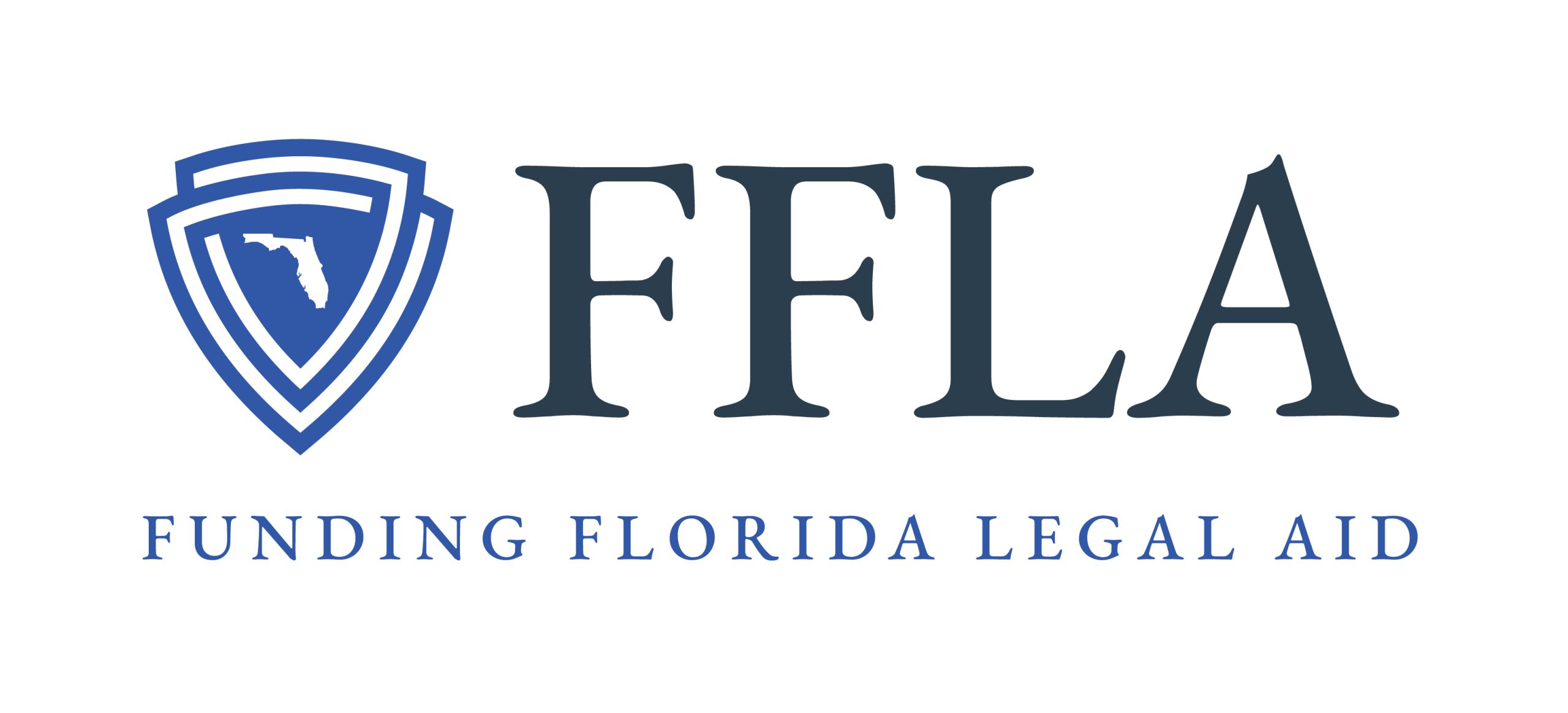Harassment at Work
Harassment is a form of employment discrimination that violates Title VII of the Civil Rights Act of 1964, the Age Discrimination in Employment Act of 1967, (ADEA), and the Americans with Disabilities Act of 1990, (ADA).
Read below for more detailed information on harassment. If you believe you are the victim of unlawful harassment in the workplace, contact CLSMF for legal advice.
Thank you to attorney, Bertha Burruezo of Burruezo & Burruezo, PLLC for significant contribution to this article.
WHAT ARE YOUR RIGHTS?
Harassment is unwelcome conduct that is based on race, color, religion, sex (including pregnancy, sexual orientation, and gender identity), national origin, age (40 or older), , disability, or genetic information.
Harassment becomes illegal when:
1) Enduring the offensive conduct becomes a condition of continued employment, or
2) The conduct is severe or pervasive enough to create a work environment that a reasonable person would consider intimidating, hostile, or abusive.
Anti-discrimination laws also prohibit harassment against individuals in retaliation for filing a discrimination charge, testifying, or participating in any way in an investigation, proceeding, or lawsuit under these laws; or opposing employment practices that they reasonably believe discriminate against individuals, in violation of these laws.
Harassment includes but is not limited to: the use of racial slurs, derogatory remarks in regard to a protected class, and verbal and physical sexual advances.
WHAT DO YOU NEED TO DO?
The steps you should take when being harassed are, for the most part, the same as when being discriminated against.
The first step is to document every incident, keep track of the date, time and details of what happened for every incident. Also, inform the offender of your discomfort with their behavior or if you fear for your safety, notify a supervisor of the situation. Not only can it possibly put an end to the harassment, but in the court of law you must prove that the harassment was “unwelcome,” which means that you did not like it or participate willingly. It is best to have this conversation documented in writing, perhaps with an email.
If the offender’s behavior persists, the second step is to make a formal complaint within your company. Reference your employee handbook to locate the grievance procedure or figure out how to file a complaint. An HR department would also be able to provide you with this information. Be sure to ask for a copy of the complaint and make sure it is not only verbal, but also in writing. This formal complaint is necessary because in order to hold a company liable in a harassment case, the company must be made aware of the situation and given the opportunity to investigate and perform prompt remedial actions.
File an administrative charge with the Equal Employment Opportunity Commission (EEOC). This is a legal requirement prior to filing a civil lawsuit. Once a charge is filed, the EEOC will notify your employer. They will process the claim by either dismissing the charge, investigating or even, in some instances, requesting that you and your employer mediate the dispute. After processing the charge, the EEOC can issue a “Right to Sue Letter,” giving you the ability to file a lawsuit in court.
In Florida, you may file also dual file a Charge of Discrimination with the Florida Commission on Human Relations (FCHR). The FCHR is in place to enforce civil rights in the workplace and address harassment issues.
To learn more about how to file a complaint with FCHR, visit their Employment discrimination page.
WHAT TO CONSIDER BEFORE TAKING ACTION?
If you need a professional opinion, advice, and additional information, call the Community Legal Services of Mid Florida Helpline or consult with a private attorney.
Make sure to consider the EEOC time limitations. Generally, if you are not a federal employee or federal job applicant, you must file within 180 days of the discrimination that took place. This deadline is extended to 300 days if a state or local agency enforces a state or local law that prohibits discrimination on the same basis.
In Florida, the Florida Commission on Human Relations (FCHR) enforces the Florida Civil Human Rights Act (FCRA), which prohibits employment discrimination in the state. Therefore, the EEOC filing deadline for all discrimination charges by Florida claimants extends to 300 calendar days. For age discrimination, the deadline is extended to 300 days, if there is a state law prohibiting age discrimination.
If you file with the Florida Commission on Human Relations (FCHR), you will have 365 days to file a charge. If you also wish to file at the federal level, you must submit your claim within 300 days.

 Home
Home








